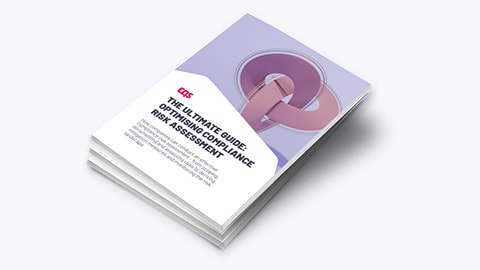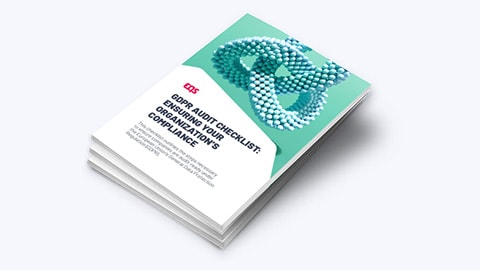Without a winning Communication Strategy your Ethics & Compliance Program loses half of its impact
Why is engaging compliance communication so important and how does it affect your companies' target groups? - Dr Bettina Palazzo on communication strategies.

You probably have heard the famous sentence of Paul Watzlawick:
“You cannot NOT communicate!”
What does this mean for compliance?
It means that even if you do not have a compliance communication strategy, you are communicating on compliance in your organization – only that you are not controlling it actively.
Unfortunately, not having a deliberate communication strategy for compliance all too easily sends this message:
“Just read the policy/ email/ Code of Conduct and comply!
We are not interested in your real-life compliance and business challenges.”
I know, this is not at all the intention of compliance professionals, but here the second golden rule of communication kicks in:
The receiver determines if the communication is successful or not.
Consequently, we must move away from the usual “inside-out” approach of pushing information towards our audiences and concentrate on the perspectives and needs of the receivers of the information on Ethics & Compliance.
Simple, but not easy, if you are not used to thinking from a marketing and communication mind-set where you always follow the holy trinity of:
Who is my target group? What are their problems? What is my solution for them?
I am not talking about a superficial way of making compliance look more appealing e.g. with silly gadgets like screensavers, posters or (good grief!) compasses.
Good compliance communication is a way of showing respect and appreciation to your target groups because
- you address them as people with good intentions,
- show them WHY compliance is important for them and
- how they can do their job successfully and ethically.
- My idea of compliance communication is thus not only aiming at improving the visibility and impact of your compliance program but is based on ethical motives.
Communicating about compliance in a positive and appealing way that puts the receiver in the center is the most important step towards creating a relationship with the people you want to reach and engage.
This is so important, because you can only win people to voluntarily commitment to change their behavior and follow the rules, if you have a good relationship with them.
Rules without relationship will always lead to resistance and will keep you stuck in feeling overworked and undervalued.

Dieser Leitfaden erklärt übersichtlich, wie Sie erfolgreich eine Analyse der Compliance-Risiken in Ihrem Unternehmen durchführen





